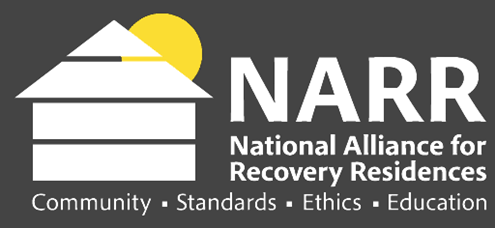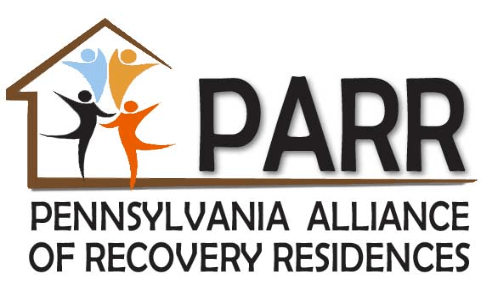Making amends empowers recovering addicts to take ownership of their actions and begin to make things right. Having support while starting this process…
Recovery has many components – detoxification, counseling to discover underlying causes of drug addiction, regaining physical health, building a support network, etc. Sober living homes can be a great place to help you create a new healthier lifestyle and sustain recovery while making amends.
In active addiction, people behave in ways they normally wouldn’t. As addiction becomes the driving force of a people’s lives, they become willing to do whatever it takes to maintain their addiction. This may mean stealing, committing crimes, putting their lives in danger and other reckless behaviors. Making amends is often a prominent part of the recovery process. Starting this process while in sober living allows women to have support, especially if the process doesn’t go as planned. Having others around them can help them maintain their sobriety in the midst of emotional upheaval.
What is the concept of making amends? In Alcoholics Anonymous, steps 1-8 helps people recognize their powerlessness over substances, build a relationship with a Higher Power, recognize their character defects and acknowledge guilt and shame from previous wrongdoings. Step 9 allows individuals to take responsibility for those actions. Making amends can prove to be difficult for many.
There is often a misconception that making amends is the same thing as apologizing. An apology is like putting a band aid over a wound while making amends is like stitching the wound back together and really helping the healing process to begin. The main purpose of an apology is to show remorse for what you have done and that you would like to be forgiven. Making amends on the other hand, is a more proactive approach. It means that you are trying to repair the situation and restore balance.
Making amends to those who have been wronged is a great first step in repairing relationships. Damaging or destroying relationships is common among drug addicts. The benefit of repairing these relationships is the prospect of gaining additional people in one’s support network, which is vital for the addict striving for long-term sobriety. It allows individuals to alleviate some of their guilt and shame – feelings that weigh on the addict’s shoulders heavily and have proven to increase the rate of relapse.
By the time individual’s start making amends, people in their lives will have already seen the positive changes in their attitudes and behaviors, thus giving their words more credence.
Welcome to Junction House • A Place for New Beginnings
At Junction House, we understand that the path to sobriety is different for everyone. For some, this may be their first or second attempt at recovery. For others, it may be their tenth or even more. It doesn’t matter how many times you have tried before. What matters is that you’re here now, looking for a change.
Some arrive filled with hope, eager for a fresh start. Others come feeling lost, uncertain, or even hopeless. That’s okay. Hope doesn’t have to come first, sometimes, it grows along the way. What truly matters is this: Are you willing to take a step forward? Are you open to a new experience and a different way of life?
If you are, you don’t have to do it alone. At Junction House, we provide guidance, support, and a structured path to help you rebuild and rediscover yourself. No matter where you’re starting from, we are here to walk this journey with you one step at a time.
A NEW beginning is possible. Are you ready to take the first step?
888.445.8628
JUNCTION HOUSE
888-445-8628 | 888-44-JUNCTION
WE ACCEPT ALL MAJOR CREDIT CARDS




